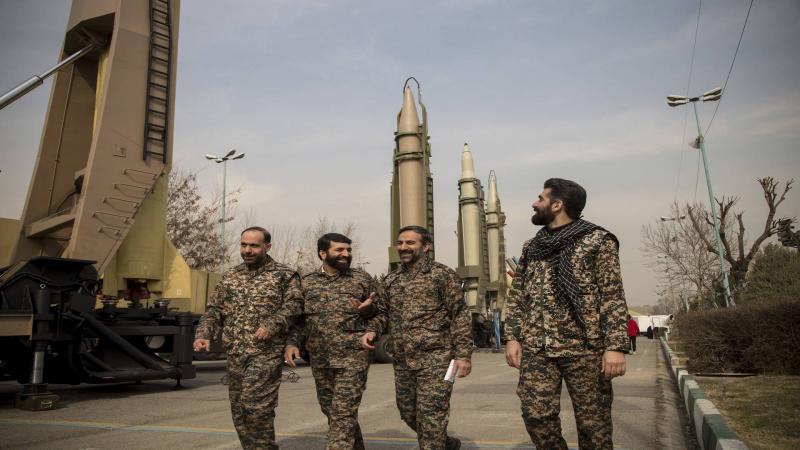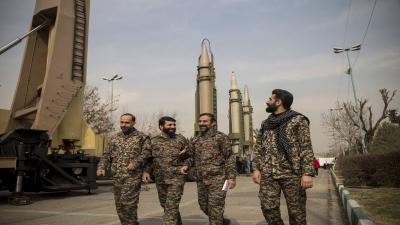America is very demanding of its allies, quick to switch stances, has vast interests globally, making dealings with it challenging, and relying on it is akin to betting on a fish in a sea that often leads to disappointment. Dr. Henry Kissinger sarcastically noted that "if enmity with America is catastrophic, then its friendship is deadly." However, this has not prevented America from enjoying wide-ranging alliances or stopped many countries from valuing its friendship and seeking it if absent, nor has it stopped numerous countries from choosing hostility towards it.
No one can imagine what the world would look like in the 20th century without the United States' decision to engage in World Wars I and II and lead the Cold War under a strategy of "containment." It is not easy for Russian Foreign Minister Sergey Lavrov, who called for a "post-West world" at the Munich Security Conference, to envision this world that Moscow aspires to reshape into a new global system where it plays a significant role. Without competition with America, it would be hard to envision a "limitless partnership" between Russia and China following a history of conflict between them, especially during the communist rule of Joseph Stalin in Moscow and Mao Zedong in Beijing, even during the understanding between China and America during Mao's era and Richard Nixon.
Numerous notable phenomena and transformations emerged following the "Al-Aqsa Flood" operation, the Gaza War, and the Iranian direct missile and drone attack on Israel in retaliation for Israeli airstrikes on the Iranian consulate in Damascus that killed two senior leaders and their aides in Iran's Revolutionary Guards' Quds Force. However, what stands out more, after years of American commitments in the Middle East being reduced to focus on the Far East, is that America was the only major power that appeared active and effective behind the scenes and in the frontlines. The prominent reason, of course, was that Israel's fate was at stake, just as Ukraine's fate drove America to lead the West in confronting Moscow.
When Syria's fate was threatened during the war, Russia played a critical role by intervening militarily to protect the regime, especially after President Barack Obama retreated from the military role he had committed to. While it is hard to imagine Syria's fate without the Russian role, it is far harder to envision the Middle East without the American role amid intense conflict between Israel, Iran, and Turkey over the Arab world.
America's challenge lies in the fact that it is a "great power, whether it likes it or not," according to Robert Kagan, and a "great power that is self-doubting, unable to abandon the world it has created," as stated by Fareed Zakaria. It is labeled as a "malfunctioning great power" by former Defense Secretary and CIA Director Robert Gates. Hence, many discuss post-America, post-West, and post-liberalism ideas. However, according to John Ikenberry, a professor of politics and global affairs at Princeton University, the United States will remain the "center of the world system."
If East Asian countries prefer a "third way" and strive for friendship with both America and China, as Kishore Mahbubani points out, Ikenberry notes the existence of "American partnerships with 60 countries" and believes that some countries in Asia "fear being abandoned by America more than they fear its domination."
This is essentially the discourse in the Middle East. America is very demanding of its allies, quick to reverse its positions, holds vast interests around the world, and dealing with it is challenging; dependence on it amounts to betting on a fish in a sea that occasionally leads to disappointment, where it easily sells and buys and sometimes seeks to please its adversaries at the expense of its friends. The bottom line can be summarized by the statement of veteran CIA Director William Burns, who said, "America is not responsible for solving any of the problems in the Middle East, but no problem can be solved without an American role."
A post-America world? It would be worse chaos than a bad world order, and no power wants or is able to bear the costs and commitments of America’s role globally—neither Russia, nor China, nor Europe, nor any group of countries.




